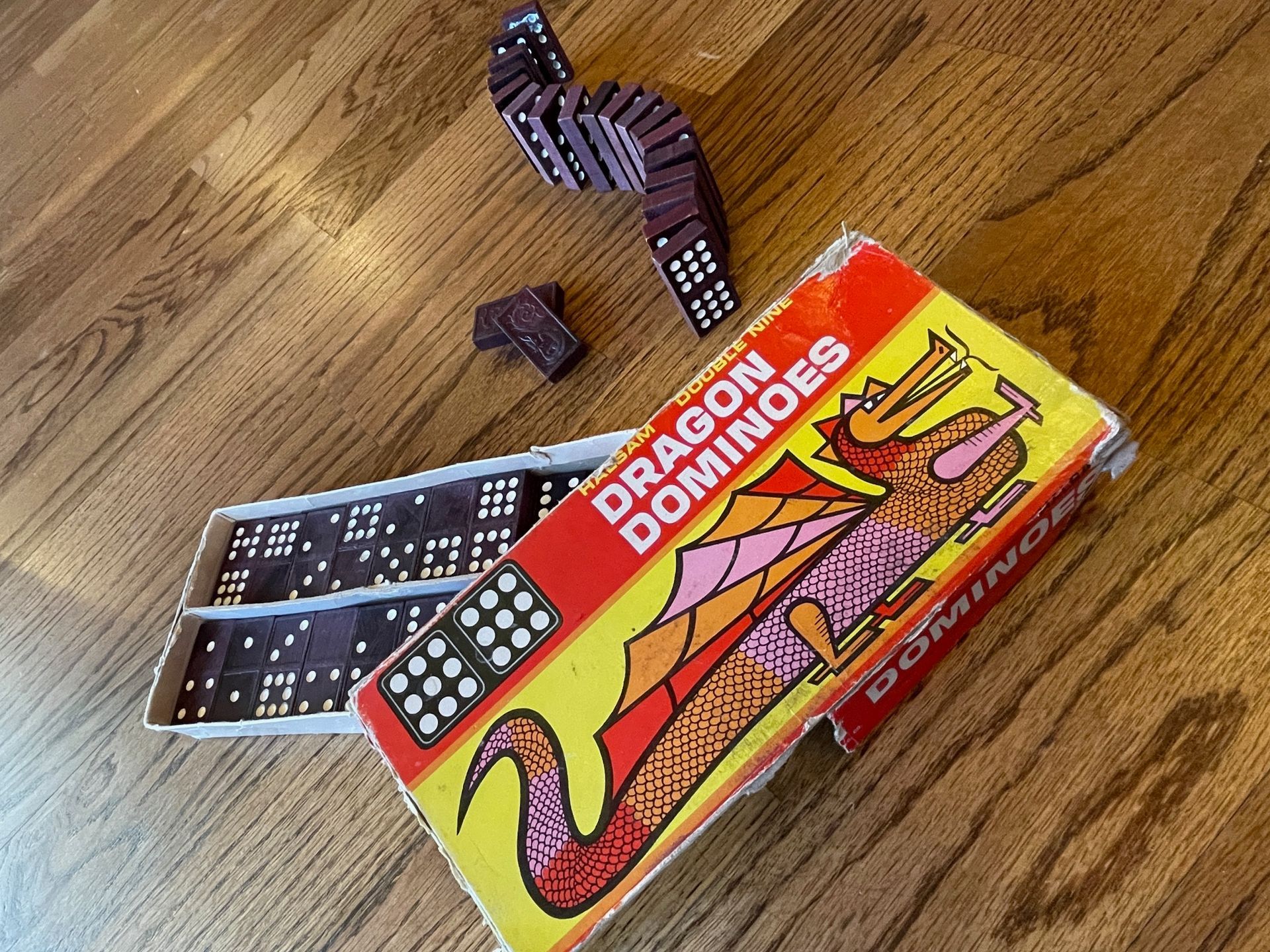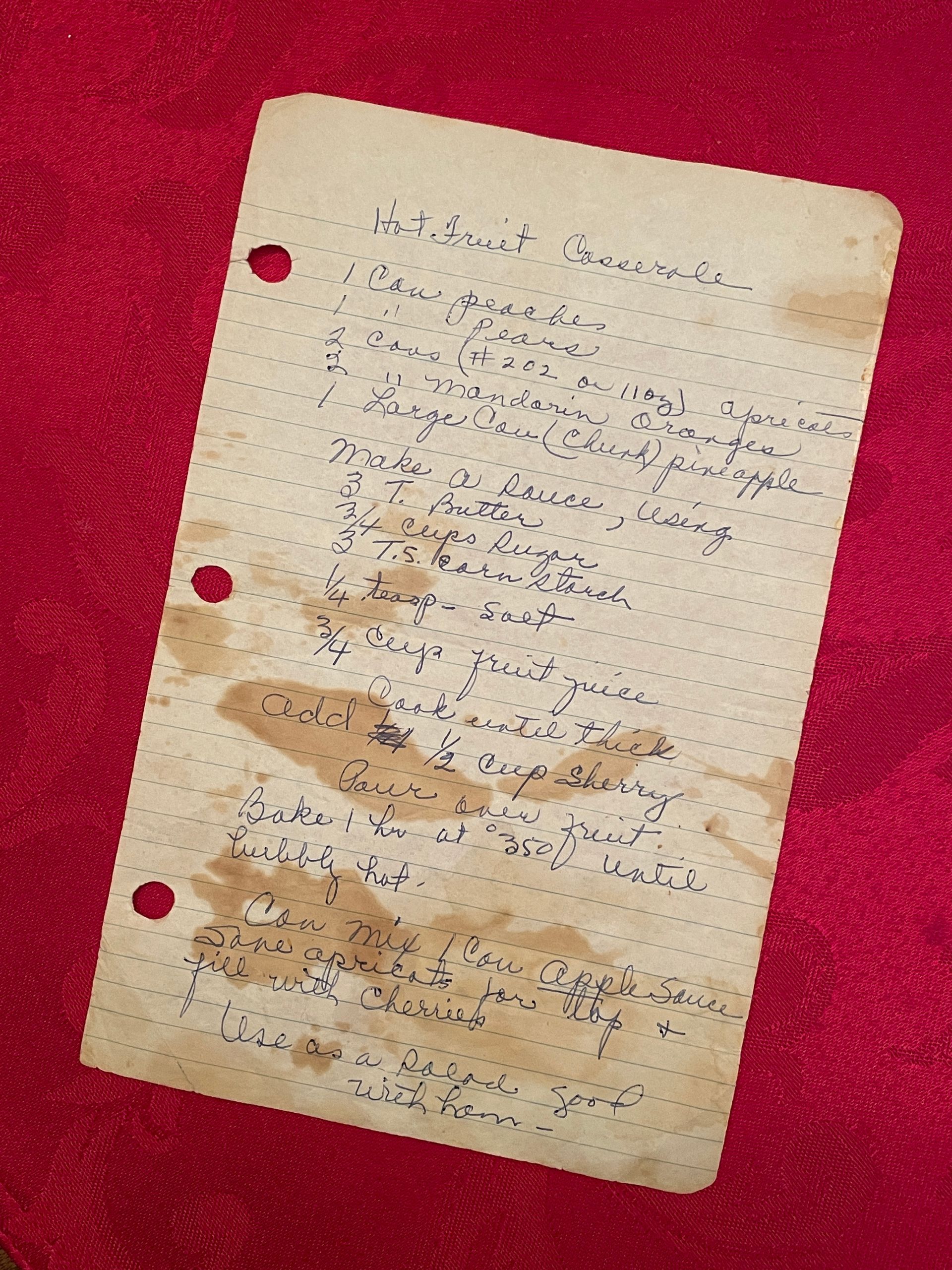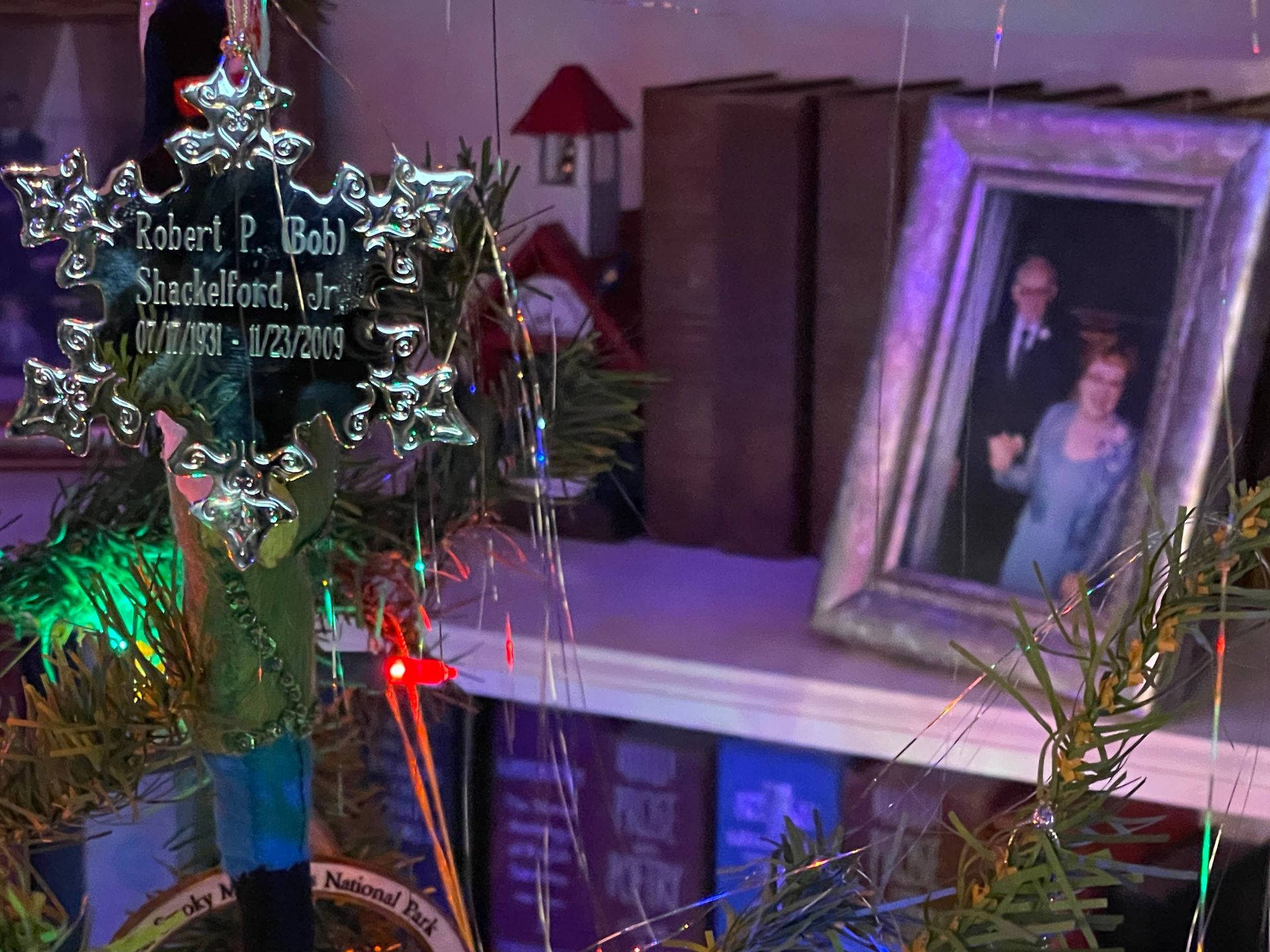A Broken Heart

“She left them first, on a Saturday evening. The next morning they went to the nursing home and told him she was gone; within hours, he joined her. After 69 years of marriage, it only seemed right that they should still be together.” So began our Facebook post yesterday, recounting the beautiful story of a couple who, whether by choice or by chance, remained apart for only 18 hours before he followed her in death. Their story touched thousands and brought about hundreds of reactions, shares, and comments, all because they died as they had lived the vast majority of their lives—together.
Although the closeness of the timing was somewhat unusual, the situation was not. In our profession we are privileged to witness such wonderful yet heart-breaking stories of love and devotion, lives where the departure of one spouse eventually brings about the death of the other, often within a period of two years. When it does happen, we hear again and again the same phrase, “They died of a broken heart”.
Can that really be a thing? Can someone be so overcome with grief that it literally takes their life? The answer is yes. Grief brings depression and depression opens the door to all manner and kind of disease by suppressing the immune system. Over time the physical body gives in to the mental and emotional stress of trying to cope with the loss. Over time unresolved grief and depression win. Many years ago we were called upon to serve a family where the doctor actually listed depression due to loss as a contributing factor in his patient’s death. It had taken ten years, but grief finally prevailed.
But what about those times when death comes within hours or days rather than years? Believe it or not, the medical profession took their cue from the romantic notion that someone could die of a broken heart and gave the condition a name—Takotsubo Syndrome—aka Broken Heart Syndrome. Upon studying images of the heart in patients who were suffering from newly minted loss, Japanese researchers realized there were times when its shape had changed until it resembled a fishing pot known in their culture as a tako-tsubo. In this condition the heart muscle can become so compromised that it simply cannot pump enough blood to sustain life. The end result can be life-threatening heart failure—death brought about by a “broken heart”.
The clinical details may somewhat tarnish the fairy tale-ish appearance of death brought on by love and loss, but the scientific explanation should never be allowed to lessen the significance of what has occurred. Whether from grief and depression or from syndromes with names we can’t pronounce, the ending to the story is still the same. Someone loved someone else so deeply and devotedly and completely that life could not continue without them.
The post A Broken Heart appeared first on Shackelford Funeral Directors | Blog.







A Year of Grief Support
Sign up for one year of weekly grief messages designed to provide strength and comfort during this challenging time.
Please wait
Verifying your email address
Please wait
Unsubscribing your email address
You have been unsubscribed
You will no longer receive messages from our email mailing list.
You have been subscribed
Your email address has successfully been added to our mailing list.
Something went wrong
There was an error verifying your email address. Please try again later, or re-subscribe.





